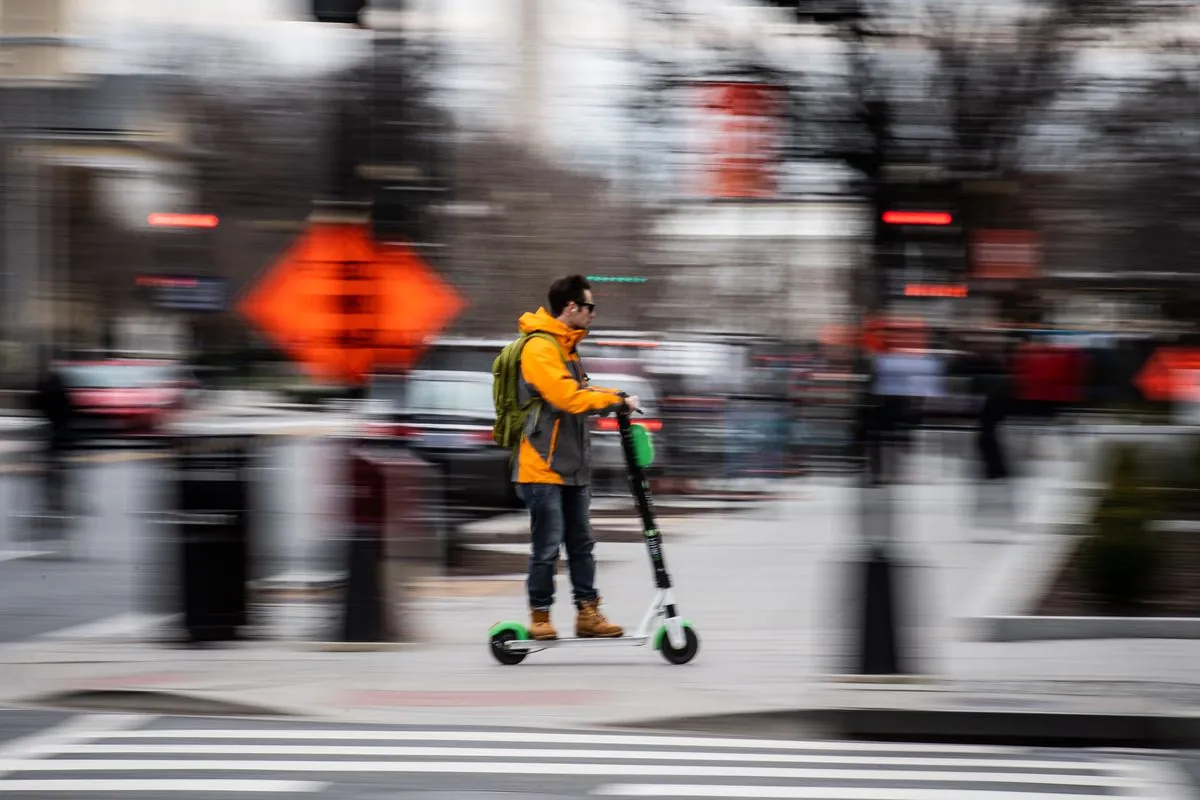The proliferation of e-scooters in urban areas has sparked a heated debate about safety and regulation. Recent incidents in the UK have highlighted the potential dangers these vehicles pose to pedestrians and other road users.
A series of near-miss encounters with e-scooters in London and Cambridge has brought the issue into sharp focus. In one instance, a pedestrian narrowly avoided collision with a speeding e-scooter outside King's Cross Station. Another incident involved a jogger being clipped by an intoxicated e-scooter rider on a pedestrian path.
These experiences are not isolated cases. According to a report from the Parliamentary Advisory Council for Transport Safety published in January 2024, only 10% of Accident and Emergency injuries involving e-scooters are included in official data. This suggests that the true scale of the problem may be significantly underreported.
European cities have taken decisive action to address e-scooter-related issues. In Madrid, Mayor José Luis Martinez-Almeida recently revoked authorizations for three e-scooter hire companies due to their failure to implement required safety measures. Similarly, Paris banned rented e-scooters in September 2023 following a public referendum where 90% of voters supported the measure.
The UK government has been running e-scooter trials in various cities since July 2020, but as of 2024, e-scooters remain illegal on public roads outside of these trial areas. Critics argue that it's time for UK civic leaders to follow the example set by their European counterparts and implement stricter regulations or outright bans.
Proponents of e-scooter bans point to potential benefits beyond improved safety. Data from Paris suggests that the prohibition has led to a significant increase in bicycle usage, both pedal and electric. This trend not only addresses environmental concerns but also promotes physical activity among urban residents.
"One of the weirder aspects of 2020s' lifestyles is that people pay a fortune for gym membership and sports attire, but recoil in horror at the idea of actually moving their limbs out on the streets."
The debate surrounding e-scooters extends beyond safety concerns. Law enforcement agencies have reported instances of modified e-scooters being used in criminal activities, such as drug trafficking and phone snatching. Additionally, there are concerns about the fire risks associated with lithium-ion batteries used in many e-scooters.
As cities grapple with the challenges posed by e-scooters, some are calling for a return to traditional bicycles as a safer and more beneficial alternative. Advocates argue that promoting cycling would not only address safety concerns but also contribute to improved public health and reduced carbon emissions.
The e-scooter debate highlights the complex challenges cities face in balancing innovation, sustainability, and public safety. As the global e-scooter market, valued at approximately $20 billion in 2023, continues to grow, finding effective solutions to these issues becomes increasingly urgent.
